Your search 'Patination pigments' did not match any products.
Showing results using some of your search terms 'Patination pigments'
Search results for 'pigments'
-
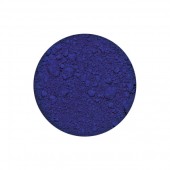
Oriental Blue Pigment
Starting at: £5.40
-
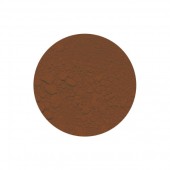
Cadmium Brown Pigment
Starting at: £10.00
-
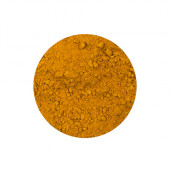
Warm Ochre Pigment
Starting at: £4.95
-
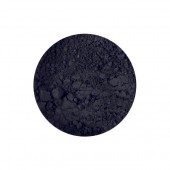
Ivory Black Genuine Pigment
Starting at: £38.00
-
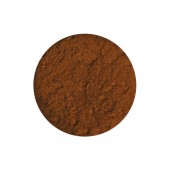
Translucent Yellow Oxide Pigment
Starting at: £7.00
-
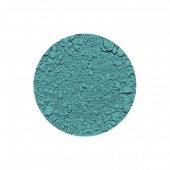
Cobalt Turquoise Pigment
Starting at: £15.00
-
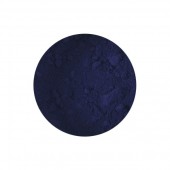
Indigo Blue Synthetic Pigment
Starting at: £5.50
-
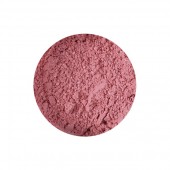
Rose Madder Genuine Pigment
Starting at: £15.80
-
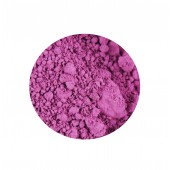
Ultramarine Pink Pigment
Starting at: £8.00
-
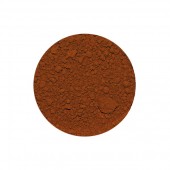
Pozzuoli Red Pigment
Starting at: £5.20
-
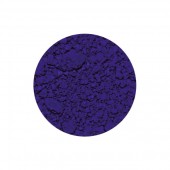
Ultramarine Blue Limewash Pigment
Starting at: £7.50
-
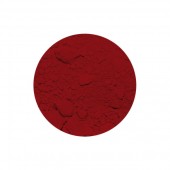
Cadmium Red Deep Pigment
Starting at: £15.00
-
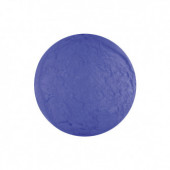
Pigment Early Colour 10 grams Azurite
£15.00 -
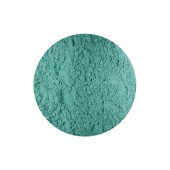
Verdigris Pigment
Starting at: £4.90
-
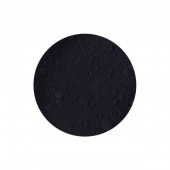
Spinel Black Pigment
Starting at: £8.00
-
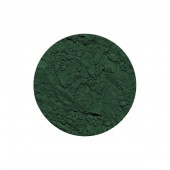
Cobalt Green Deep Pigment
Starting at: £9.20
-
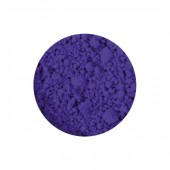
Ultramarine Blue Dark Pigment
Starting at: £4.00
-
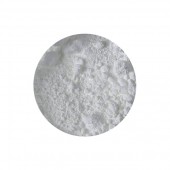
Zinc White Pigment
Starting at: £4.00
-
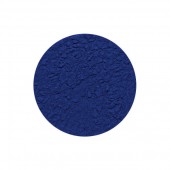
Ultramarine PB29 Pigment
Starting at: £9.10
-
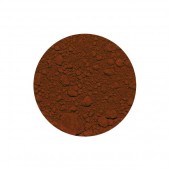
Red Ochre Pigment
Starting at: £4.00
-
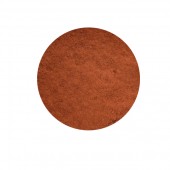
Burnt Green Earth Pigment
Starting at: £8.00
-
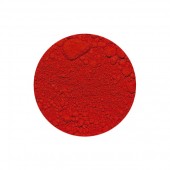
Vermilion Imitation Pigment
Starting at: £8.20
-
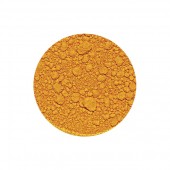
Cadmium Yellow Deep Pigment
Starting at: £7.40
-
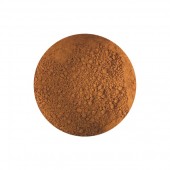
Burnt Sienna Pigment
Starting at: £4.00
-
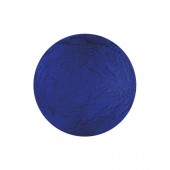
Blue Verditer Pigment
Starting at: £7.50
-
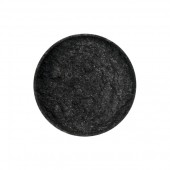
Carbon Black Pigment
Starting at: £10.80
-
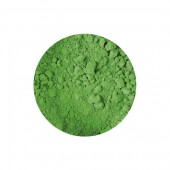
Cadmium Green Pigment
Starting at: £4.50
-
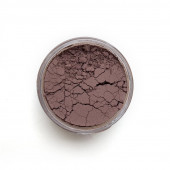
Caput Mortuum Pigment
Starting at: £4.50
Call to Order
-
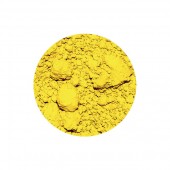
Cobalt Yellow Pigment
Starting at: £8.80
-
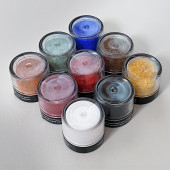
Cornelissen Iconographer's Pigment Set, with Aidan Hart
£41.00





